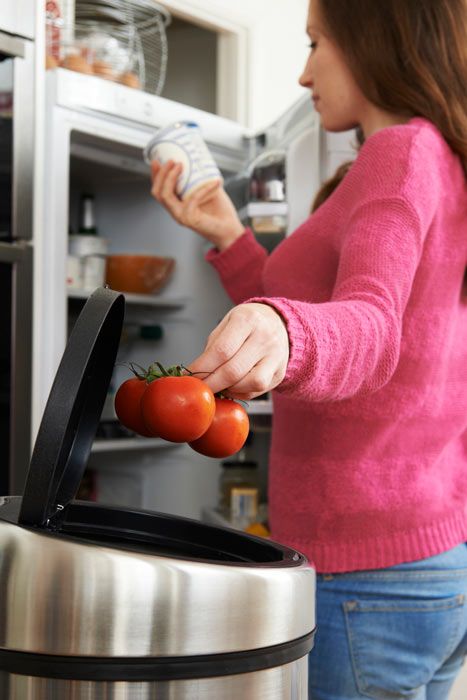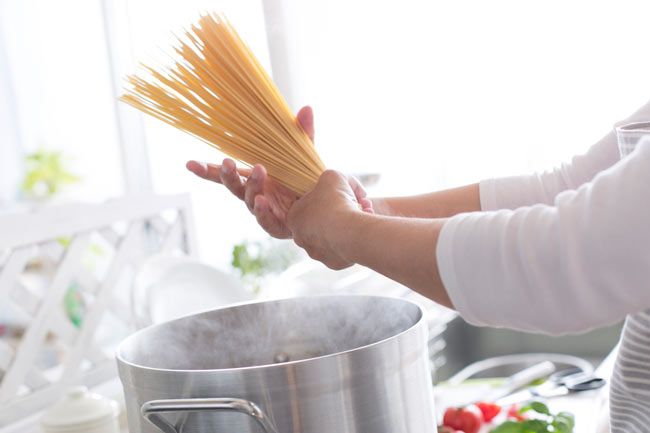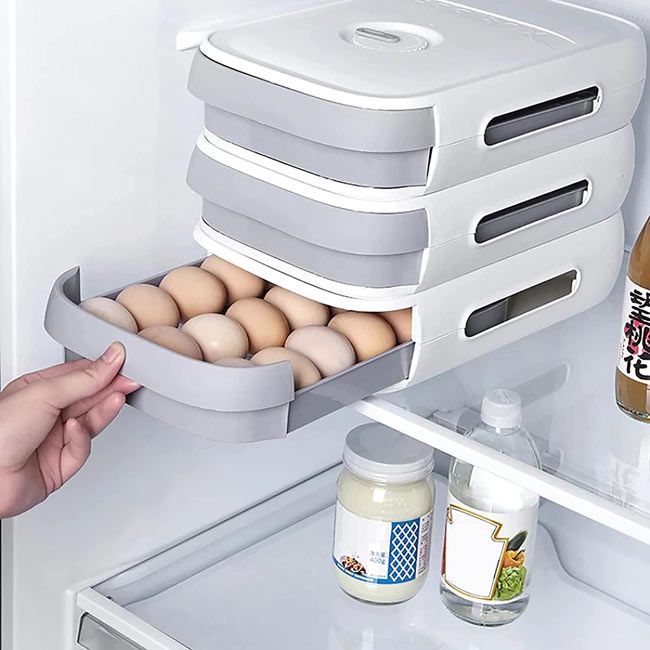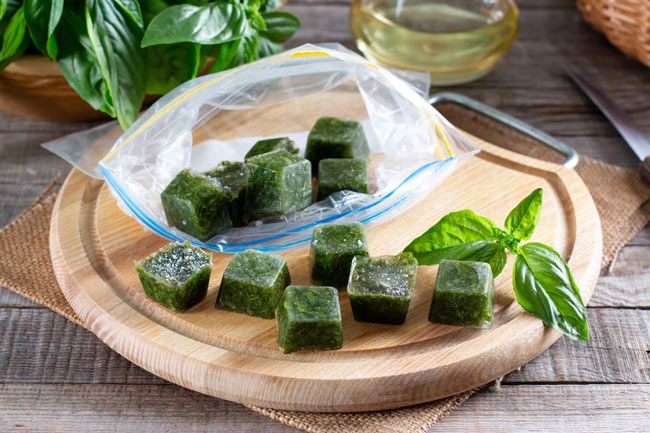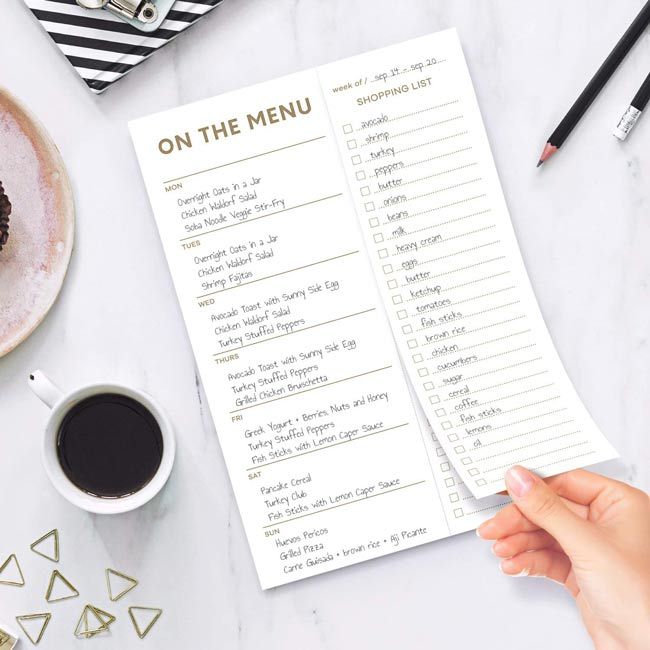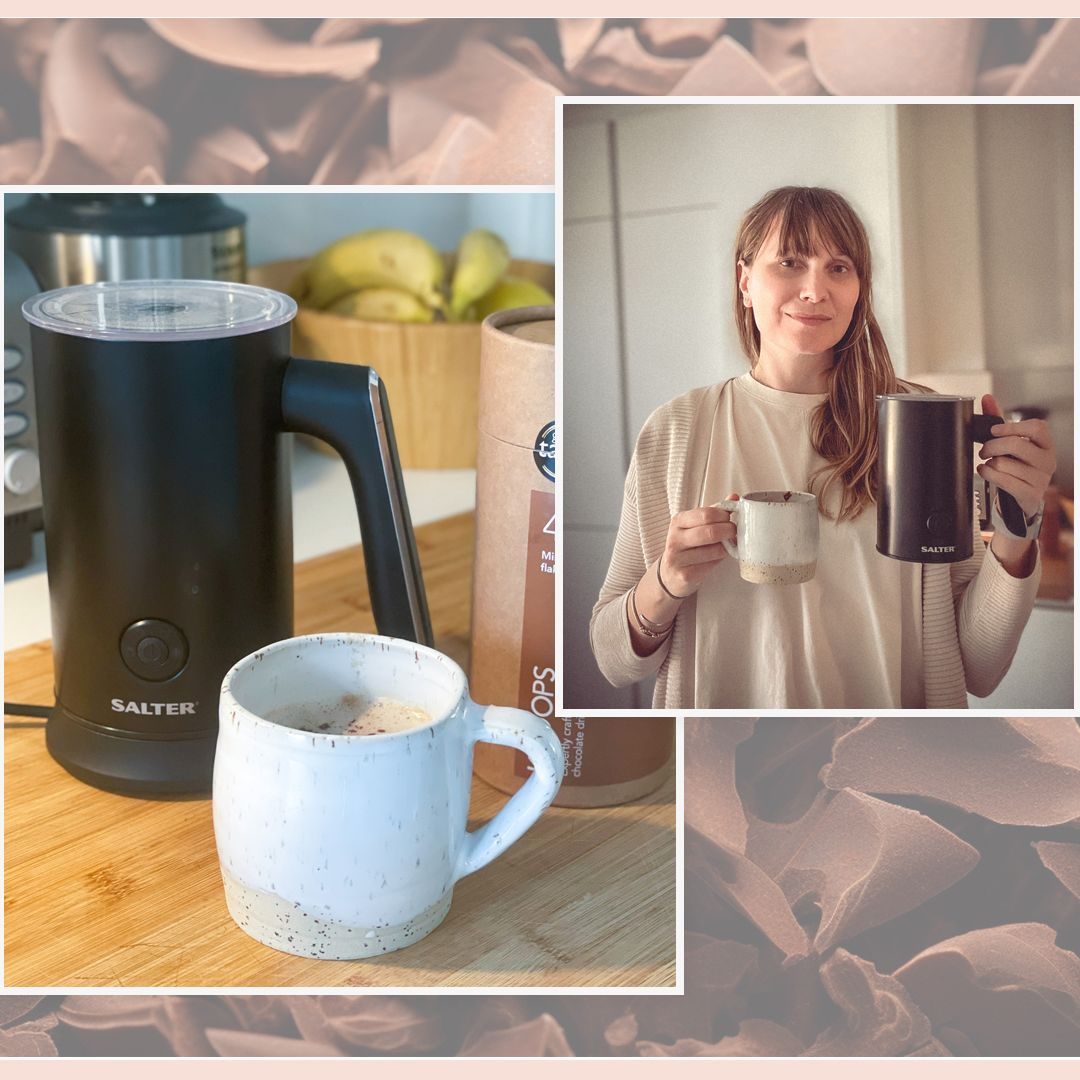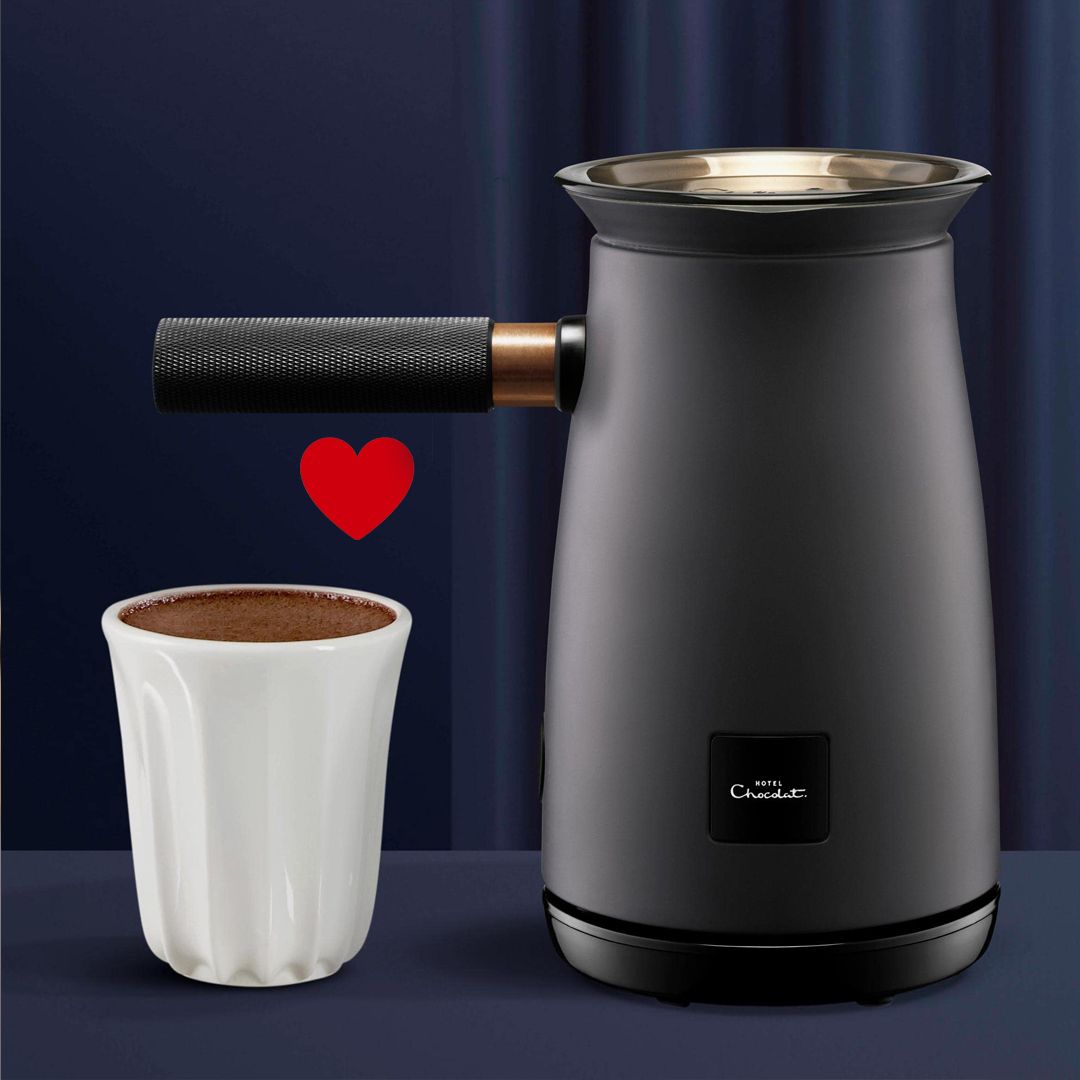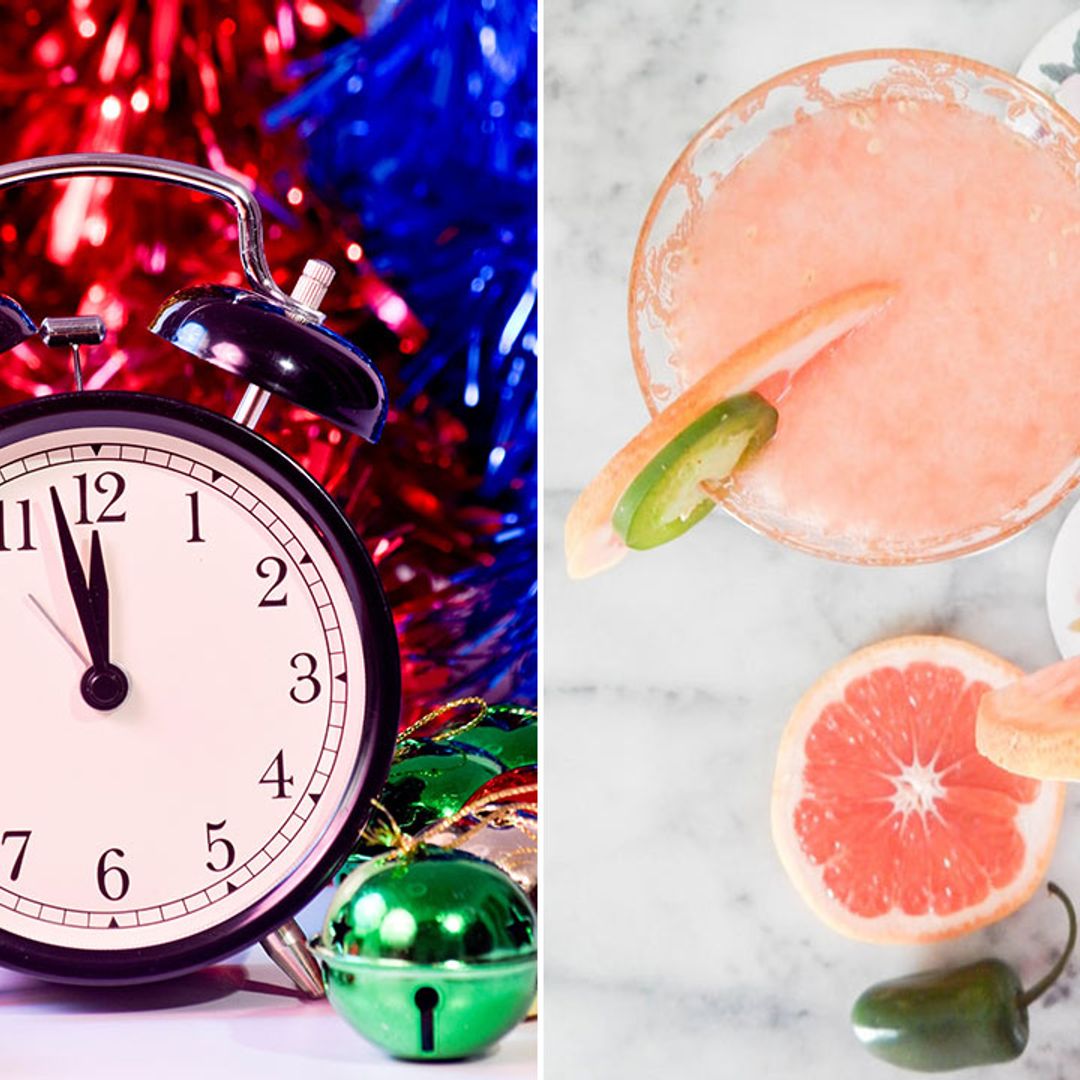If the rising cost of living is putting pressure on your finances, saving money on your food shop seems like a good place to start, but have you thought about how much food you're wasting?
SEE: 12 unbelievably easy ways to save £1k on energy bills
According to the latest research, the average UK family wastes eight meals a week, throwing out £60 worth of food each month (or £720 per year). It's often difficult to keep track of the food in your fridge, resulting in far more food being thrown away than eaten. And let's face it, there's nothing less appetising than wilted vegetables, spoiled milk, or sweaty leftovers, but how can you prevent it?
Andrea Knowles, personal finance expert at vouchers.co.uk has shared several simple ways to save money by reducing your food waste. Think of them as small changes that benefit both the planet and your pocket!
MORE: 10 genius ways to keep your house warm without paying for heating
10 ways to reduce your food waste
1. Organise your fridge with the FIFO method
Organise your fridge the same way supermarkets stack their shelves, with the FIFO (first in, first out) method. This simple practice involves swapping your newly bought foods for the ones at the back of the cupboard or fridge, encouraging your household to use up produce in the front row first, which will ensure freshness and reduce waste.
Andrea says: "Keep one shelf or section of your fridge strictly for foods that are close to their eat-by dates. You could even pile the items so those closest to the eat-by date are stacked on the top, making them easier to grab."
RELATED: How to meal prep: 3 easy steps to plan your meals like a pro
SEE: 7 best juice cleanses to try in 2022: From an immune-boosting detox to celebrity-favourite cleanse
2. Measure your rice and pasta before cooking
Why is it so difficult to judge how much pasta or rice to cook per person? Use too little, and you'll be swamped in sauce, use too much and you'll be left with a soggy mountain of carbs.
Luckily, there's a simple knack for getting the perfect portion size. For rice, measure a quarter of a mug of uncooked rice per person. For pasta, place the pasta into the bowl that you will be eating from before cooking it. This should give you an indication of whether it’s too little or too much.
Andrea's hack for spaghetti is to pinch a bundle of dry spaghetti about the same diameter as a 10p coin. "Yes, this is enough for two people!"
3. Keep your eggs in the coldest part of the fridge
It might make the most sense to store your eggs in the egg holder, usually found in the door shelves on most fridges - but this could be causing your eggs to rot faster due to the constant changing of temperatures. Instead, store them on a shelf within the fridge, or even within the freezer for up to a year. Simply crack your eggs into a bowl and leave for a few minutes to defrost before eating.
Egg Storage Box, £11, Amazon
SHOP NOW
4. Your vegetables can be eaten past their best before dates
Supermarket 'best before' dates are only there to guide you. Most fruit and vegetables last for weeks in the fridge, especially if they're stored properly. Try storing chopped veg in a ventilated container to prevent moisture buildup and spoilage, while keeping onions and potatoes in a ventilated bag to prevent sprouting.
5. Swap some fresh vegetables for their frozen alternative
Alternatively, there are some vegetables which you should definitely buy frozen instead – such as peas, sweetcorn and broccoli. Plus, not only do frozen vegetables tend to be cheaper but many studies show that they preserve nutrients for longer than fresh foods, due to being frozen. Meat and vegetables can be cooked into a tasty dish and frozen for a quick microwave meal later, whilst chopped up fruit are perfect frozen to blitz into smoothies or turn into ice lollies.
6. Store your bread in the freezer
Keeping your bread in the freezer is the best way to keep it fresher, for longer. Don’t be alarmed if your bread is still frozen when making a sandwich on a morning for a packed lunch – the bread will have defrosted by the time lunch rolls around, with no excess water involved.
7. Turn your fresh herbs into ice cubes
Fresh herbs are expensive, and often don't last longer than a few days before they wilt. Instead, tear them into an ice cube tray and top up with water or olive oil. Once frozen, your herby cubes can then be added into soups and sauces for an instant kick of flavour.
8. Regularly check the temperature of your fridge
Your fridge should be between 0-5 degrees. Being warmer than this can lead to a lot of your food going off, such as uncooked meat and milk.
9. Keep a list of what foods you regularly waste
Keeping a note of which foods go bad before you’ve eaten them, can help you in the long run as it shows you which foods you should be cutting back on.
For example, if you're regularly finding yourself throwing out fresh berries you bought for your breakfast porridge, the solution might be to buy only one type of berries. Also, whilst buying larger bags of produce rather than one or two pieces may seem cheaper, you’re not saving any money if it always ends up in the bin.
10. Make a shopping list and check it twice before going
Meal Planner with Tear-Off Shopping List, £8.99, Amazon
SHOP NOW
According to the Money Advice Service, people who make a list are three times less likely to overspend than those who don’t. So, before shopping, get out your pen and paper out (or use your phone) and jot down everything you need for the week ahead. Also, make sure to check your cupboards to see which ingredients you already own so you don’t double up on items.
HELLO!'s selection is editorial and independently chosen – we only feature items our editors love and approve of. HELLO! may collect a share of sales or other compensation from the links on this page. To find out more visit our FAQ page.


